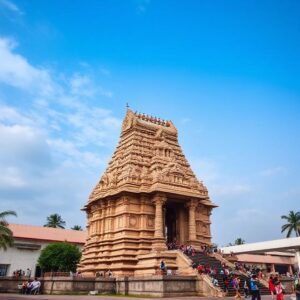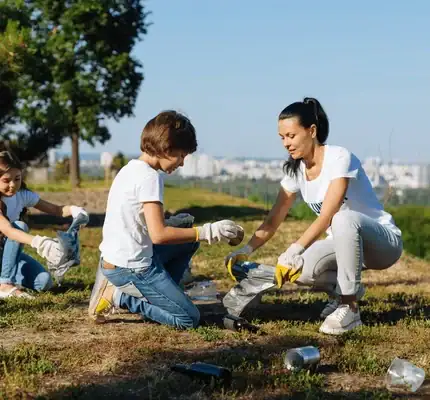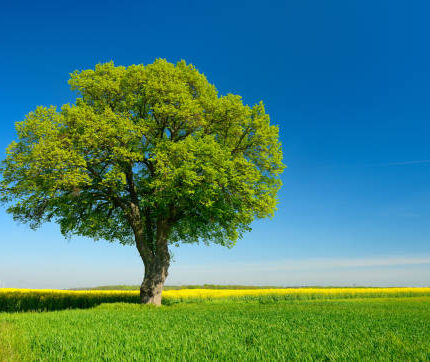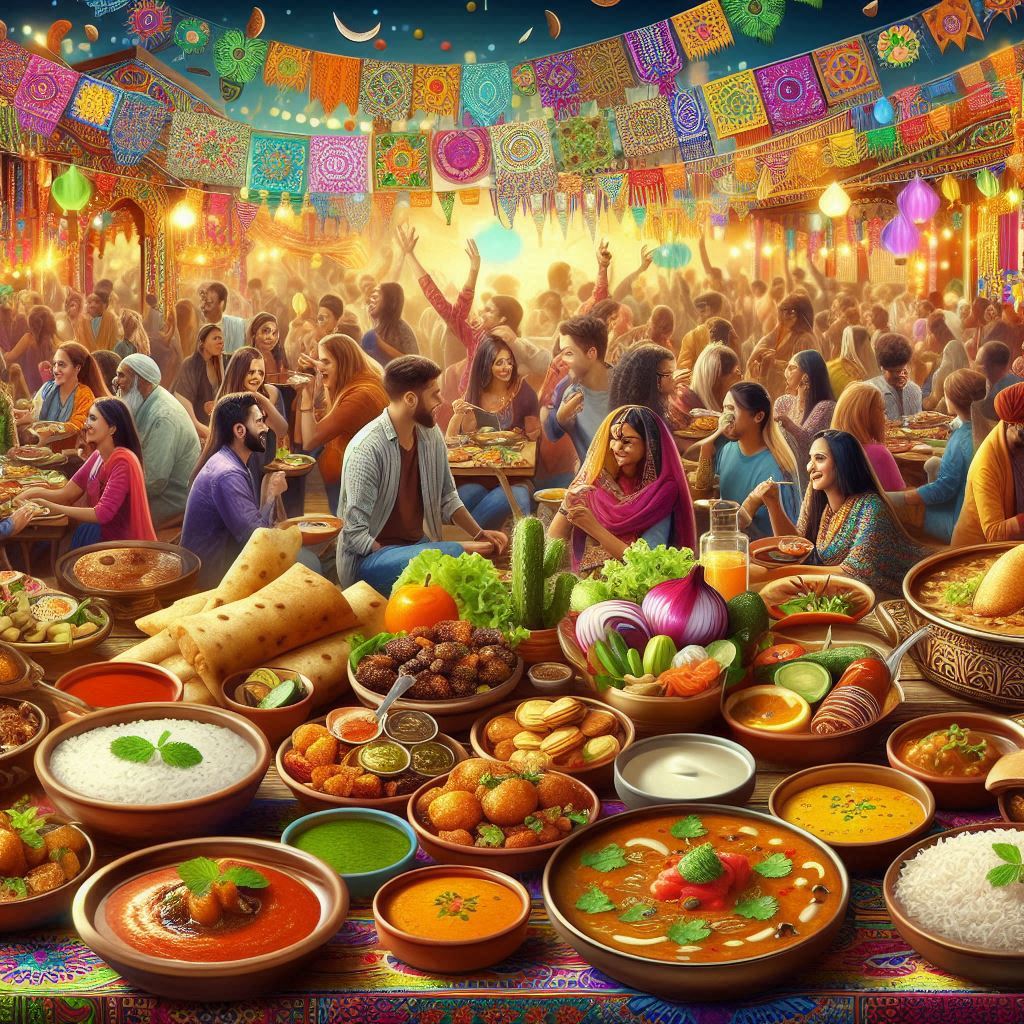Special Rituals: 1. Archana (Offering of Prayers)
Description: Archana is a common ritual where devotees offer prayers to Lord Venkateshwara by chanting sacred mantras. During this ritual, the priests perform the prayer service in front of the deity’s idol, with offerings of flowers, incense, and sacred water.
When it’s Performed: Daily, during the morning and evening darshan.
Significance: This ritual is believed to bring prosperity and peace to the devotees. It is performed in both individual and group settings, depending on the devotee’s wishes.
2. Abhishekam (Holy Bath)
Description: Abhishekam is a ritual bath performed on the deity using holy substances like milk, honey, sandalwood paste, and ghee. The priest bathes the idol with these substances while chanting prayers, symbolizing the purification of the soul and body.
When it’s Performed: Usually on auspicious days or before significant festivals.
Significance: The ritual is believed to cleanse the devotees' sins and bestow divine blessings.
3. Vastra Seva (Offering of Clothes)
Description: Devotees offer new clothes to Lord Venkateshwara as part of the Vastra Seva ritual. The temple priests then dress the deity in these garments.
When it’s Performed: Frequently on major festivals and special occasions, such as during the Venkateshwara Jayanthi.
Significance: This ritual is a symbol of devotion and a way for devotees to express their gratitude for the Lord's protection and blessings.
4. Sahasranama Archana (1000 Names Chanting)
Description: Devotees chant the Sahasranama, which is a list of 1000 names of Lord Venkateshwara, each name representing different aspects of the Lord’s divine qualities and attributes. It is a powerful prayer to invoke the blessings of Lord Venkateshwara.
When it’s Performed: On auspicious days, especially on Ekadashi and Vaikuntha Ekadashi.
Significance: This ritual is believed to bring the devotee closer to the divine and invoke eternal peace and blessings.
5. Kalyanotsavam (Marriage Ceremony of Lord Venkateshwara)
Description: The Kalyanotsavam is a divine marriage ceremony that symbolizes the union of Lord Venkateshwara and Goddess Lakshmi. During this ritual, the idol of Lord Venkateshwara is dressed in wedding attire, and a grand procession takes place, as if the Lord is getting married.
When it’s Performed: Usually during special festivals, such as Venkateshwara Jayanthi and Vaikuntha Ekadashi.
Significance: The ceremony symbolizes the eternal bond between Lord Vishnu and Goddess Lakshmi. It is also a way for devotees to seek divine blessings for marital happiness and prosperity.
6. Prasadam Distribution
Description: After every puja, a portion of the offerings made to Lord Venkateshwara is distributed among the devotees as prasadam (holy food). The prasadam typically includes laddu, pulses, fruits, and sometimes rice and sweets.
When it’s Performed: After every darshan, especially during festivals.
Significance: The prasadam is believed to carry the blessings of Lord Venkateshwara, and consuming it brings peace, prosperity, and spiritual fulfillment.














Responses